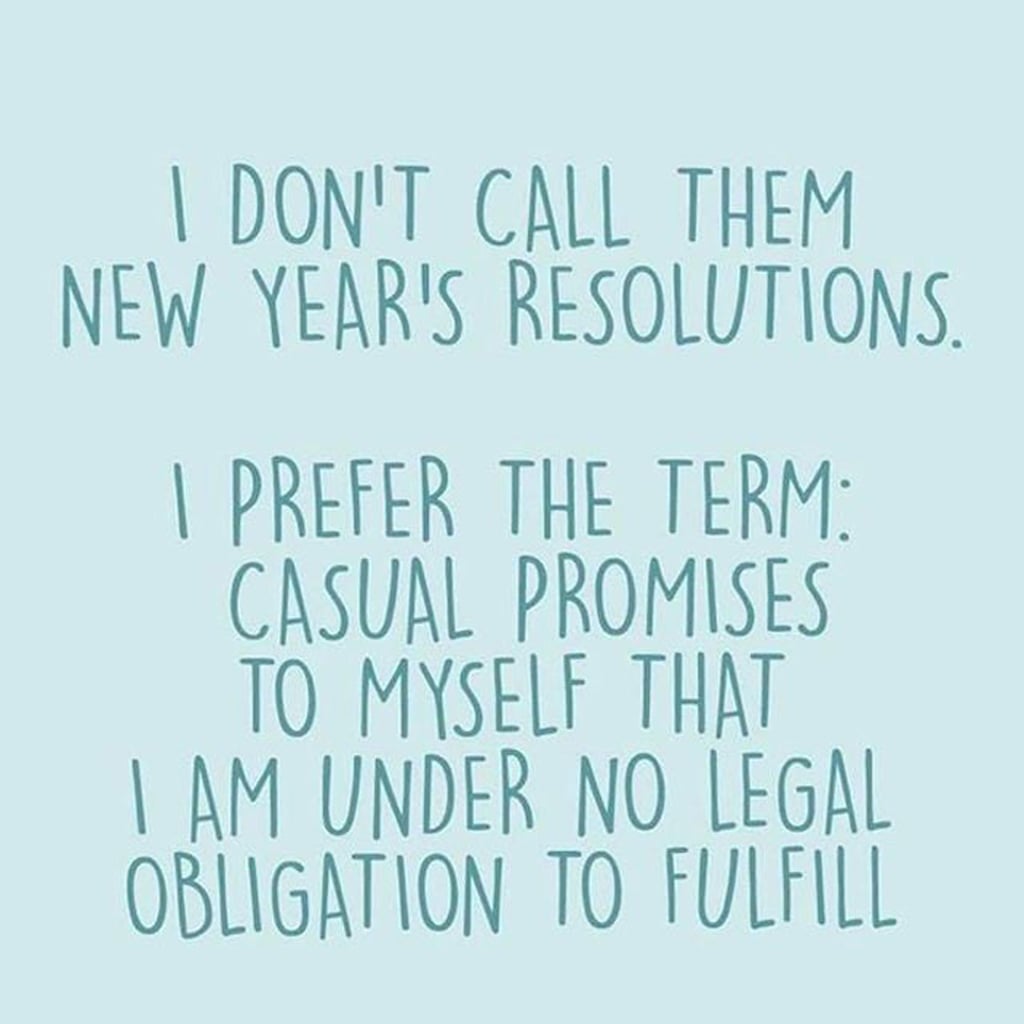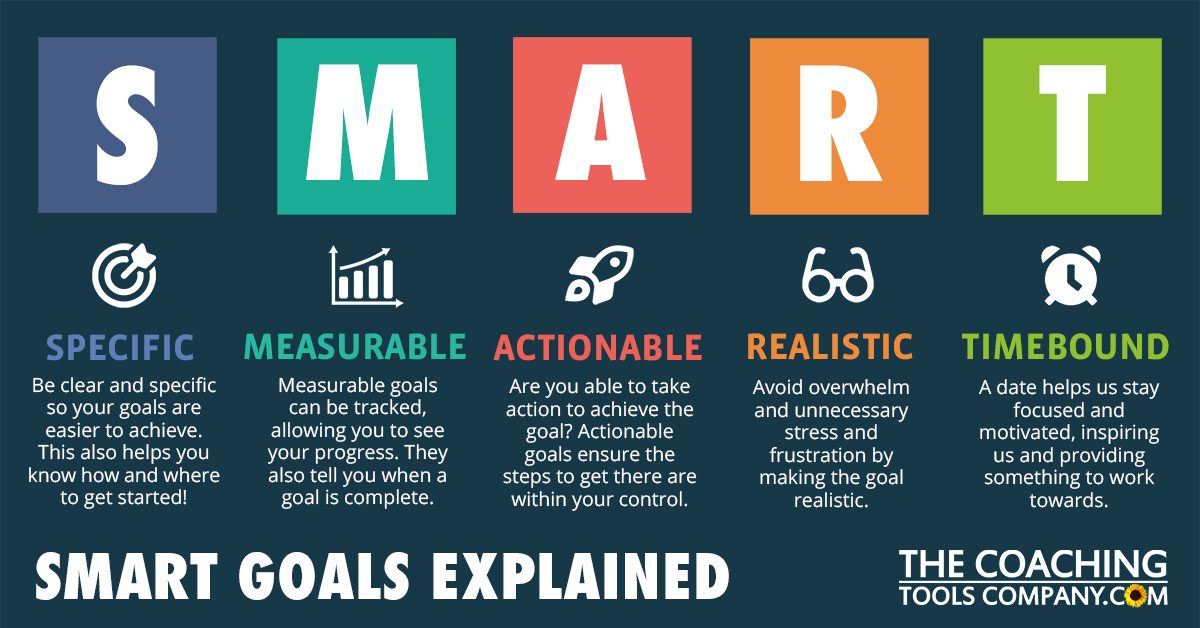Every December I wish I had a gymn. I would call it GymNuary. Ah so many good intensions and vague goals.
Even the act of only thinking of goals at “year end” is doomed for failure anyway. I’m quite a fan of regular check-ups and keep on adjusting (“pivot” in agile terms). But I guess, annually it’s better than nothing.
So while a big portion of the world is sitting down to make another bucket list of resolutions that will most likely fail, here’s me sitting down on why new year resolutions don’t work.

1 – They are vague
This is nr 1 pitfall regarding goals: being vague. If you are vague, at the end of the period, you can adjust your goal to whatever you believe you achieved. Like the cartoon below, vague goals are nothing more than wishful thinking. My goal is to win the lottery. Do I even play? No, but it’s a goal.

A classic goal: “I will be less fat” – I could loose 1g and would meet the goal. I suppose if one sets such a goal it’s intended to be more than 1g. But what would it be exactly? “I will eat better.” But again what does it mean to eat better? According to my 5 year old, eating more pasta would be better. Anyway, you can copy paste any examples you want here.
Vague goals are not only applicable to personal goals / new year resolutions. No. Even companies do it too. It looks cool to have goals, it shows that one is looking to improve. Some go even to the point of declaring vague goals as a strategy! Ah! “We will be more eco friendly.” What does that mean exactly? Remove all the printers from the office?
2 – They are not achievable / realistic
Here’s me: “I will make a lot of money writing random stuff.” No, very unlikely to happen. Goals should be achievable and realistic, otherwise what’s the point of setting goals if you already know beforehand you can’t make them? I could however push myself to write 1 A4 page a day. Maybe out of all the crap I could write there would be more changes of writing something good and maybe, in a crazy world, make some money out of it.
I would go as far as to say that establishing unrealistic goals can only do more harm than good. Once you look back to whatever you wrote you can only feel depressed that you didn’t made it. Well, if you can’t make it don’t write it.
3 – They are not timebound
Writing something you will achieve in 12 months is as vague as it can be. My mum believes that if you really think positive about something and you really believe it deep in your heart it will happen. Well I don’t. Unless you set clear goals and a timeline on how to get there you will not leave your seat. Going back to my “writing goal”, let’s say I wanted to write a book with roughly 250 pages, I would need to write 1 page a day on average. To measure my goal I would need to assess it on a periodic basis, e.g. every month I would need to have 30 pages written. No, I’m not failing my math here, I’m assuming there would be more than 100 ish pages that would be unusable hence the need to include 1 page a day goal. Unfortunately I’m miles away from turning rubbish into goal, so one needs to keep on trying and trying and trying.
There’s nothing a PM loves the most than milestones. Well, there’s a reason for it, you need some key dates and key activities to be achieved on time so you meet your project / goal.
4 – There is no How
So you know what you want (your goal) but how will you actually get there? If you want to loose weight are you planning to join my JanGymn every day? Or do you simply plan to eat less crap? Maybe a combination of both? A goal on it’s own it’s just another empty wish. I would say the how is even more important than the goal itself. It’s the whole journey you plan to take to get “there”. If you don’t enjoy the journey, then forget the goal. E.g. I just don’t see myself going to the gymn everyday. Whereas this would be my sister’s paradise, it would be my hell. However, I try to “eat better”, so every weekend I spend a few minutes doing meal planning for the week and doing grocery shopping at the same time (I find if I don’t see happy calories it’s a lot easier to resist them). Whatever rocks your boat.
If you really plan to write a few goals, here’s a good picture to help out:

I will finish not by saying “happy new year”, because that’s boring, it’s what everyone says and look at where we were in 2021. So I will say, whatever the new year brings, make it yours and make it SMART.
Finishing by sharing the best article on “resolutions” I’ve read from Mark here.





